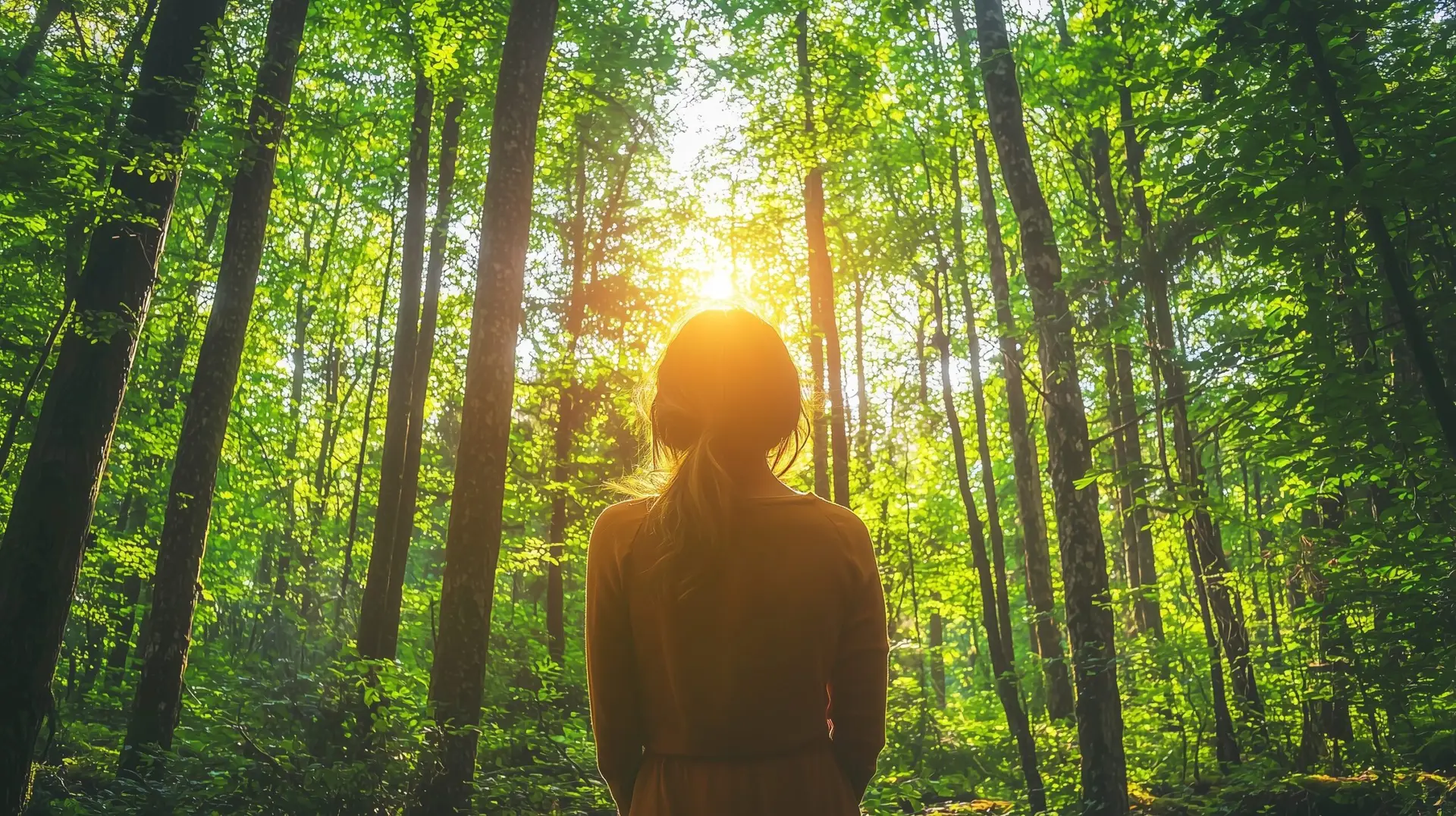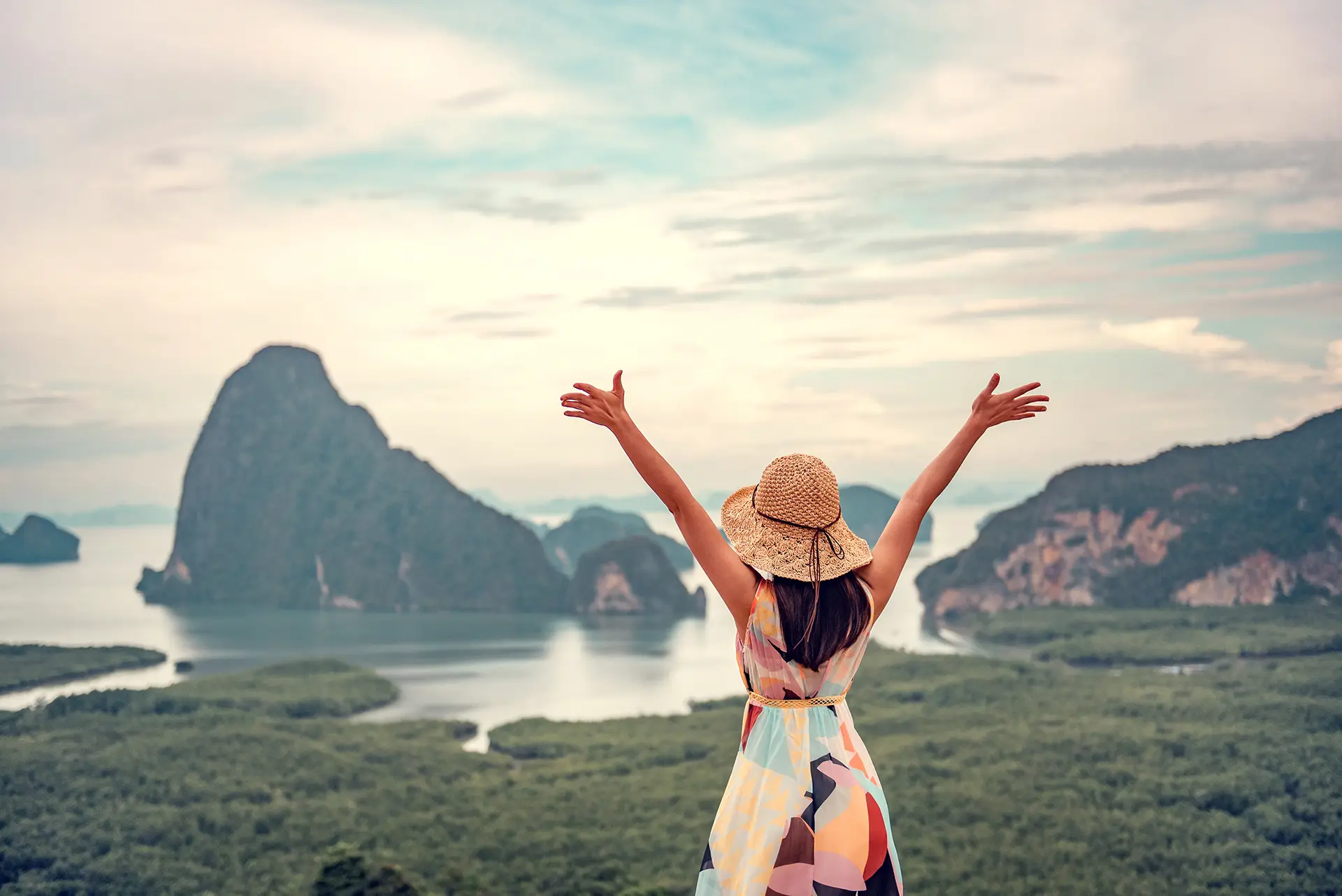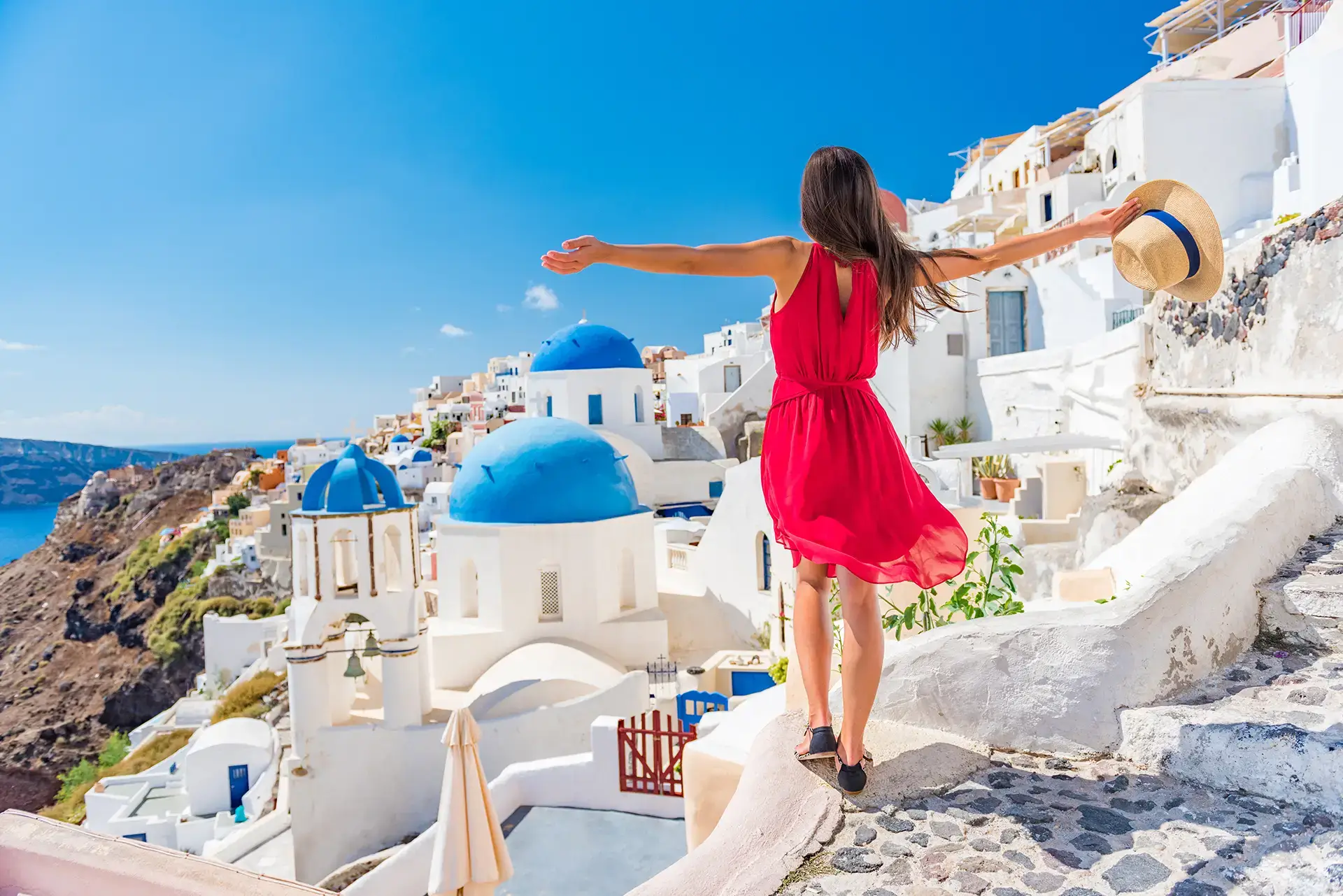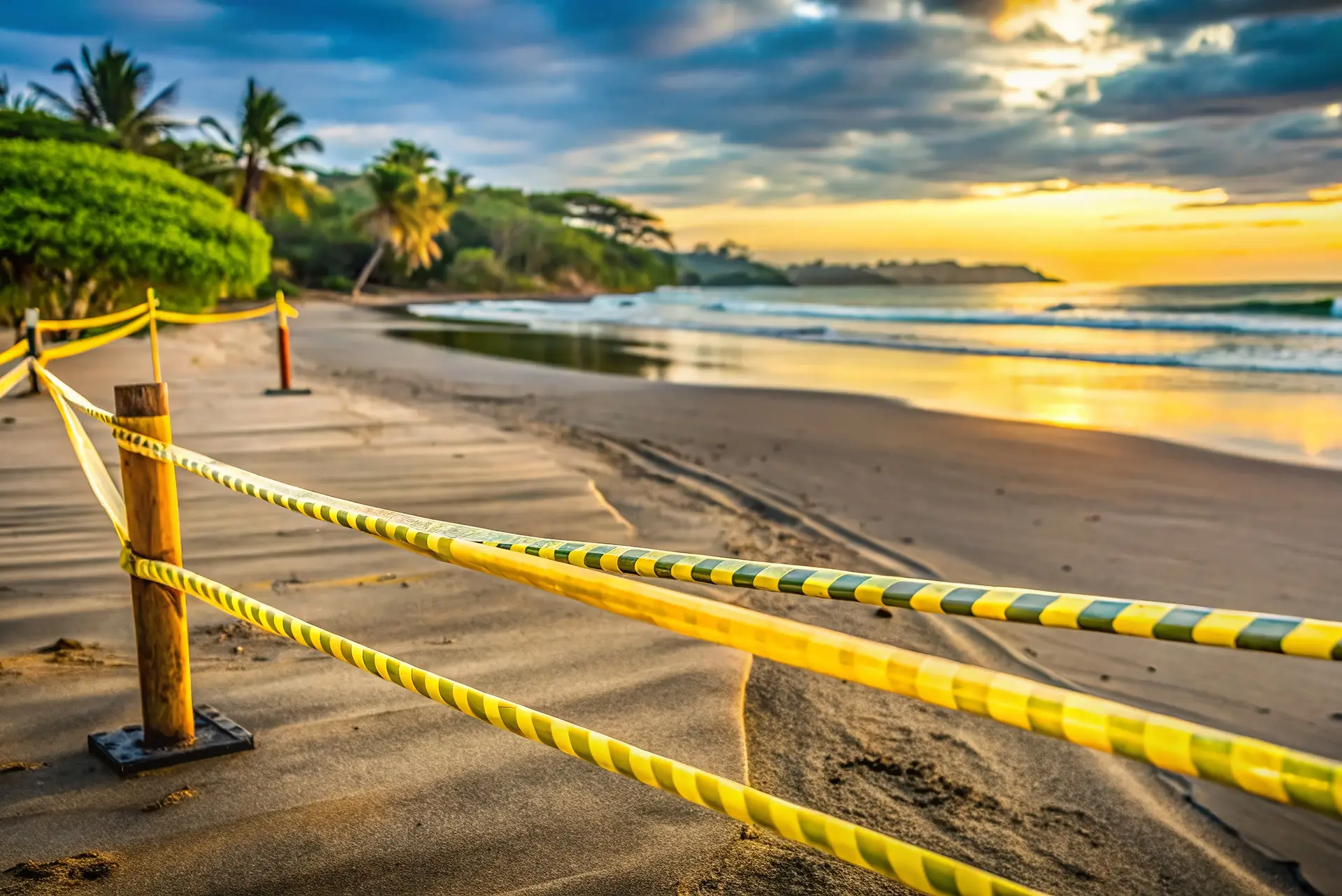What Is an Ayahuasca Retreat? And What to Look For When Choosing One
Disclaimer:
This blog post is for informational and inspirational purposes only and does not constitute medical, psychological, or legal advice. Ayahuasca is a powerful psychoactive substance that may not be safe or appropriate for everyone. Always consult a qualified medical professional before considering participation in any plant medicine retreat. Additionally, ayahuasca is not legal in all locations — be sure to research the laws in your destination and only participate in retreats that operate ethically and legally. Just Go Solo does not endorse or vet individual retreats and encourages all travelers to conduct thorough research and exercise personal judgment.
For women looking to deeply reconnect with themselves, let go of emotional baggage, or explore spiritual healing, an ayahuasca retreat can be a life-changing journey. But with growing interest in plant medicine comes a lot of questions and a lot of options.
If you’re curious about ayahuasca and whether this kind of experience is right for you, here’s what you need to know before you go.
First, What Is Ayahuasca?
Ayahuasca (pronounced eye-uh-wah-ska) is a powerful plant medicine made from two main Amazonian plants: the ayahuasca vine and chacruna leaves. The brew has been used for centuries by Indigenous communities in the Amazon for healing, insight, and spiritual awakening.
It’s most commonly experienced in a ceremonial setting guided by trained facilitators or shamans and is known for inducing vivid visions, emotional breakthroughs, and deep personal insights.
Why Do People Go on Ayahuasca Retreats?
Ayahuasca retreats are often sought out by people going through big transitions, healing from trauma or heartbreak, or looking for a deeper connection to purpose and self.
Common intentions for a retreat include:
- Releasing emotional or energetic blockages
- Gaining clarity around life direction
- Healing past trauma or grief
- Breaking patterns of anxiety or depression
- Reconnecting with inner wisdom
Retreats usually last 4 to 10 days, sometimes longer, and include multiple ceremonies, along with integration support through therapy, group work, or journaling.
What to Look for When Choosing an Ayahuasca Retreat
Not all retreats are created equal. Your safety, emotional wellbeing, and spiritual growth should come first. Here are key things to consider:
1. Reputation + Reviews
- Look for retreat centers with strong reputations and verified reviews from solo travelers.
- Sites like AyaAdvisors – Ayahuasca Retreat Reviews or Retreat Guru can offer real guest perspectives.
2. Qualified, Experienced Facilitators
- Check if the retreat includes trained shamans, licensed therapists, or facilitators with trauma-informed care training.
- Ideally, the center should screen participants beforehand to ensure readiness.
3. Safety Protocols + Medical Screening
- A reputable retreat will require medical questionnaires and mental health checks.
- They should disclose clear safety practices, have emergency protocols, and maintain proper sanitation.
4. Setting and Support
- Some retreats are deep in the jungle, while others are more resort-style. Decide which makes you feel more supported.
- Look for integration support, like post-ceremony sharing circles or coaching.
5. Dietary Preparation (Dieta)
- Ayahuasca requires a special diet before and after to reduce risks and increase sensitivity to the medicine.
- Retreats should provide clear guidance on the dieta and meals that support it.
Where Do Most Ayahuasca Retreats Take Place?
- Peru (e.g., Sacred Valley or Iquitos jungle) – deep cultural roots and highly respected facilitators
- Costa Rica – more resort-style retreats with modern comforts and strong integration programs (e.g., Soltara)
- Brazil, Ecuador, Colombia – more off-grid or traditional options
- Portugal and Spain – legally held ceremonies in parts of Europe
- U.S. and Canada – underground or legal through Native American churches (more limited access)
Is This Type of Retreat Right for You?
Ayahuasca is not for everyone. It can be emotionally intense and physically demanding. But for many women, especially those navigating grief, reinvention, or spiritual awakening, it can open doors that talk therapy or solo journaling never quite reach.
VERY IMPORTANT: You should never feel rushed into it. Do your research. Talk to past participants. Listen to your intuition. And if it’s not the right time, that’s okay too.
Healing isn’t always bubble baths and spa days. Sometimes it’s messy. Sometimes it’s medicine. And sometimes, the most powerful solo trip you can take is the one that helps you return home to yourself.






